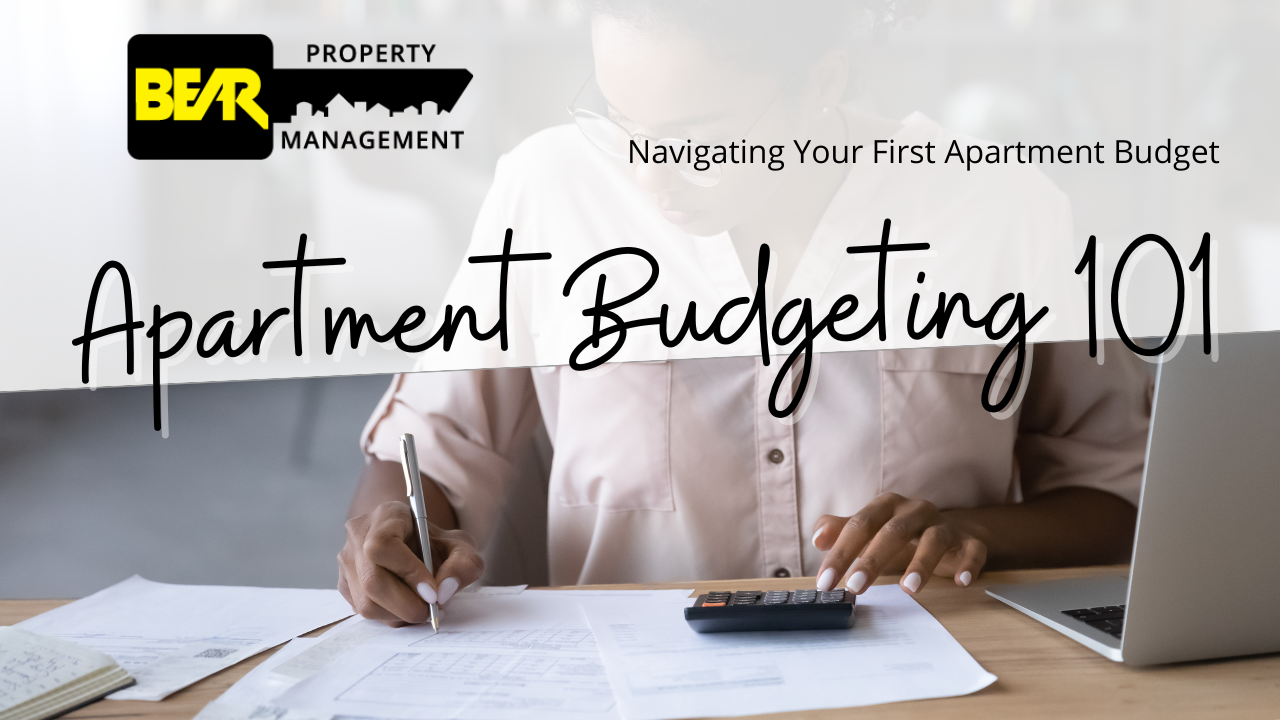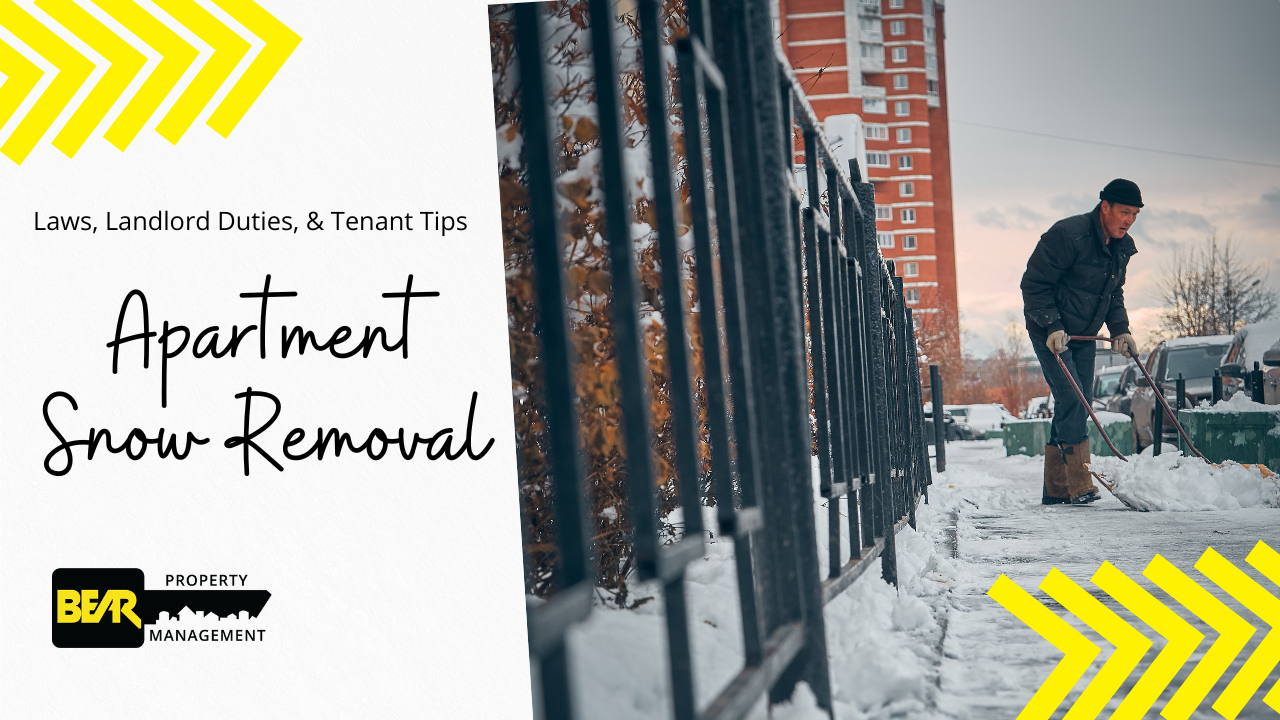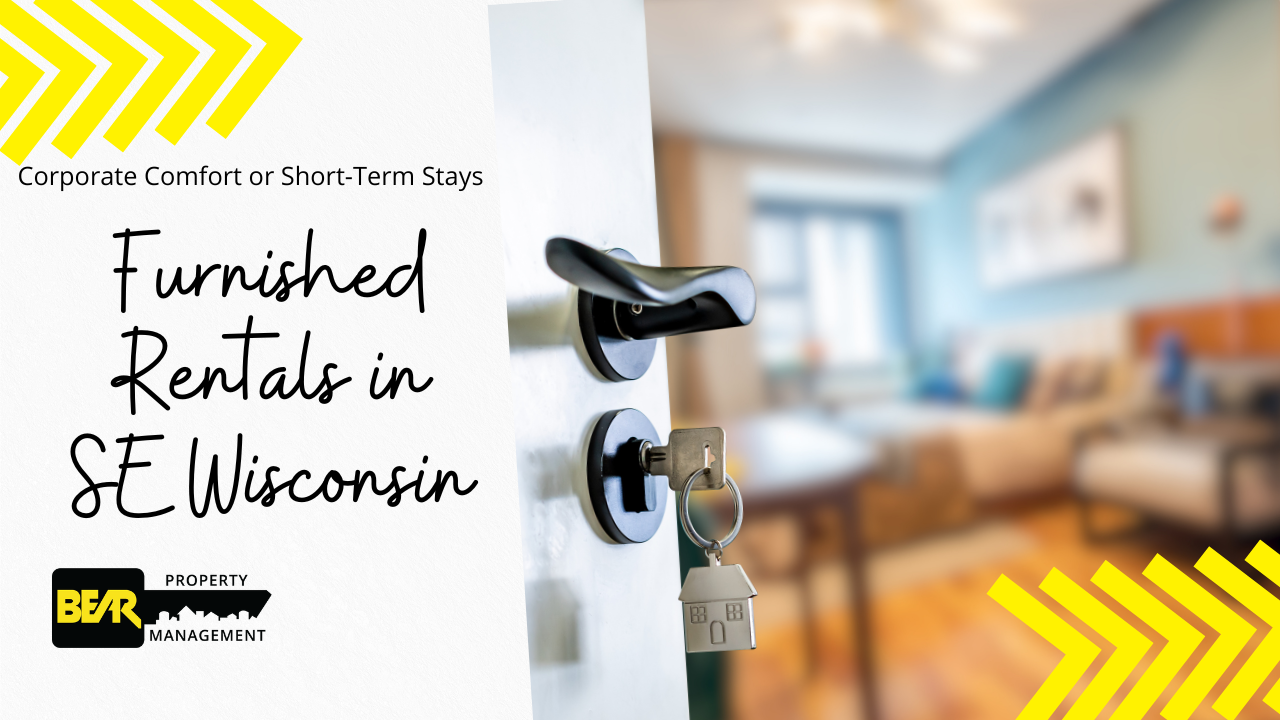Budgeting for Your First Apartment: Costs, Savings & Tips

Moving into your very first apartment is a big deal—in the best way. It’s exciting, empowering, and honestly… a little intimidating when you start adding up the costs. The good news? Budgeting for an apartment doesn’t have to feel overwhelming. Once you understand what you’ll need up front and what you’ll pay month to month, you can build a plan that keeps you comfortable (and avoids surprise costs).
This guide walks through the most important parts of creating an apartment budget, including how much you should save for an apartment, what expenses to expect, and how to stay on track once you move in.
Understanding the Initial Costs of Renting an Apartment
Before you start touring, it helps to know the common move-in expenses. These costs can vary by community, but most first-time renters should plan for:
- Security deposit: Often equal to one month’s rent. Some communities may require additional amounts depending on lease terms.
- First month’s rent: Typically due before you get the keys, so it’s important to have it ready.
- Application and admin fees: Some apartments charge a fee to process applications.
- Pet fees or deposits (if applicable): If you’re bringing a pet, there may be one-time fees and/or monthly pet rent.
If you’re wondering, “How much should I save for an apartment?” a practical starting point is to first total the items above. Once you know your move-in costs, you can work backward and set a savings goal that feels doable.
Quick Rent Budget Check (Before You Commit)
To make budgeting easier, we built a Rent Budget Calculator that estimates your monthly total (not just base rent). It’s especially useful for first-time renters because it accounts for add-ons like pets and parking—and it keeps the electric bill from being an afterthought.
Quick Rent Budget Check
Get a fast estimate—then use the full calculator to include move-in costs, electric, and misc. expenses.
Saving Money for Your First Apartment
Saving up for an apartment goes faster when you have a clear target and a simple plan. Instead of thinking, “I need a lot of money,” focus on what you actually need for move-in plus a little extra cushion for peace of mind.
Here are a few strategies that help first-time renters build momentum:
- Set savings goals:
Start by calculating your expected move-in costs (deposit + first month’s rent + any fees). Then decide on a buffer amount for basics like groceries, moving supplies, and a few home essentials. Once you have that total, break it down into a monthly or weekly goal so it feels manageable. - Create a dedicated savings account:
A separate account makes it easier to protect your apartment fund from everyday spending. If temptation is a real issue, an online-only savings account can slow down impulse transfers. - Automate your savings:
If you can, set up automatic transfers on payday—even if it’s a smaller amount. Consistency beats intensity. - Cut unnecessary expenses temporarily:
This doesn’t have to be extreme. A few small changes (less takeout, fewer impulse buys, pausing a subscription) can create real savings surprisingly quickly.
How to Save Up for an Apartment in 3 Months
If you’re on a tighter timeline, the biggest shift is going from “I’ll save when I can” to “I’m saving on purpose.”
- Pick a move-in date and a savings target.
- Divide that goal by 12 to get a weekly number.
- Automate what you can, then reduce one or two spending categories temporarily.
Even if you don’t hit the full goal in three months, you’ll still be in a much stronger position—and you’ll understand what rent range feels realistic for your budget.
First Time Renter Monthly Expenses
Your monthly expenses are what determine whether an apartment will feel comfortable long-term. Rent is usually the biggest line item, but it’s not the only one. The goal is to build a monthly budget that includes the essentials and the costs people tend to forget.
Housing + Home Basics
- Rent
- Utilities (especially electric, which often isn’t included)
- Phone + internet
- Renter’s insurance (often affordable, but important)
Life Expenses
- Groceries
- Transportation (gas, parking, public transit, rideshare, maintenance)
- Savings (even a small emergency fund contribution helps)
Lifestyle Expenses
- Entertainment and dining out (this is where “wants vs. needs” comes in)
One important note: some apartments include certain utilities in rent, while others don’t. Always confirm what’s included so your monthly budget stays accurate.
Quick Breakdown of Market Rate vs. Income-Restricted Apartments
As you compare apartments, you may see both market-rate and income-restricted options. The difference matters because pricing and eligibility can work differently.
- Market-rate apartments are priced based on the local rental market. If you meet the community’s standard screening requirements, you can apply.
- Income-restricted apartments have rent caps tied to income guidelines and household size. Eligibility is verified during the application process, and residents apply directly through the community. This is different from voucher-based programs.
Want the full explanation? Learn more about
how income-restricted housing works.
Distinguishing Wants and Needs in Your Budget
A budget isn’t meant to make life miserable—it’s meant to keep you stable. The easiest way to stay on track is to decide what must be covered first, then set limits for everything else.
List of Services
-
NeedsList Item 1
These are non-negotiable expenses that ensure your safety, health, and overall quality of life. This category includes rent, utilities, groceries, insurance, and transportation. Prioritizing your needs ensures that you maintain a stable and secure living situation.
-
WantsList Item 2
Wants encompass the discretionary expenses, such as entertainment, dining out, or non-essential purchases. While they add enjoyment to your life, it's essential to allocate a portion of your budget for wants without sacrificing your ability to meet your needs.
When you define your limits ahead of time, it’s easier to enjoy your money without constantly wondering if you’re overspending.
The Importance of Sticking to a Monthly Budget
Sticking to a monthly budget is a fundamental aspect of financial responsibility, especially when it comes to managing the expenses associated with your first apartment. It's not just about tracking your spending; it's about ensuring financial stability and peace of mind.
When you adhere to a well-crafted budget, you gain several significant benefits. First and foremost, it helps you stay on top of your financial obligations, such as rent and utilities, preventing late fees or missed payments. Moreover, budgeting cultivates financial discipline, allowing you to allocate resources wisely, save for future goals, and build an emergency fund to handle unexpected expenses.
In the context of your first apartment, a budget serves as a vital tool for maintaining your newfound independence while ensuring you can enjoy the experience without financial stress.
Budgeting for your first apartment is a vital step in securing your financial future. With careful planning and by following the steps outlined in this guide, you can confidently step into your new home. Start your journey towards your first apartment today, and make a wise financial choice by budgeting effectively.








